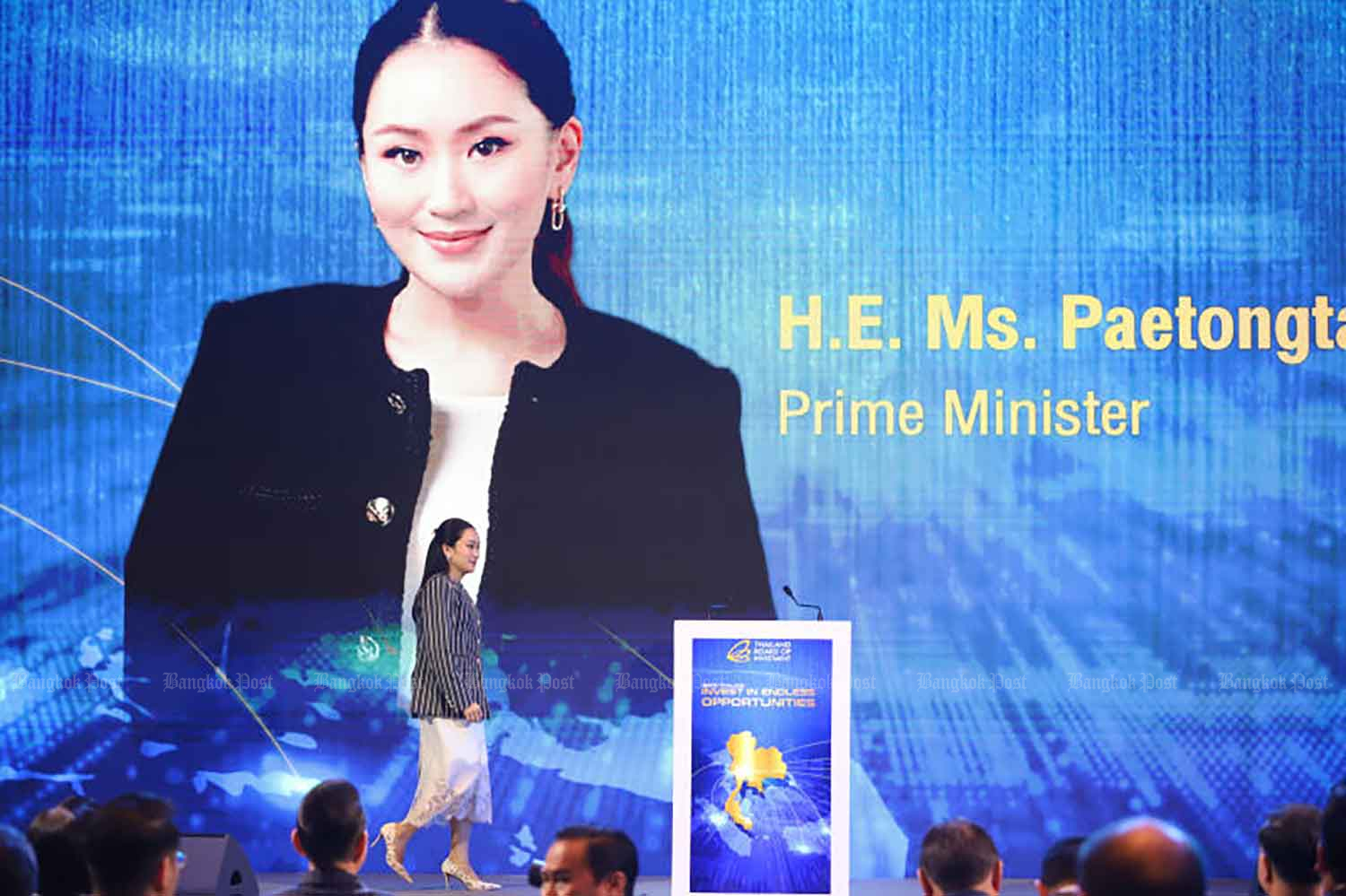
Party-list MP Paiboon Nititawan, whose People Reform Party (PRP) was wound up, on Thursday returned to the Election Commission (EC) money allocated to his party by the Fund for Development of Political Parties.
Mr Paiboon handed a cashier's cheque for 882,909 baht to the EC, saying he will present the party's finances and balance sheets to the EC within 30 days so the poll agency can pass them on to the Office of the Auditor-General (OAG) for checks -- a process which can take 180 days.
The EC on Monday confirmed the PRP's self-dissolution as requested by Mr Paiboon who, according to the organic law on parties, can now find a new party to join within 60 days of the party being disbanded.
Mr Paiboon, who was also the PRP leader, brushed aside criticism the party's termination had ignored the will of those who voted for the party.
He insisted voters had agreed to the termination, adding the PRP had made it clear that it supported Prime Minister Prayut Chan-o-cha.
Mr Paiboon said earlier he intended to move to the ruling Palang Pracharath Party (PPRP).
However, Nat Laoseesawakul, director of the Political and Electoral Development Institute, said there might be a long wait ahead before Mr Paiboon can join.
Mr Nat was referring to Section 95 of the organic law, stipulating that if a party has been dissolved, its leader is obligated to wait before joining another party in order to present its finances and balance sheets for checks by the Office of the Auditor-General (OAG).
These documents must be forwarded to the OAG within 30 days of a party's dissolution.
Upon receiving the documents, the OAG has 180 days to run checks to see if the party's finances were in order.
If the checks take longer than 180 days, the deadline can be extended for another 180 days.
For the duration of the scrutiny, the party leader must wait and cannot join a new party.
Mr Nat noted that because Mr Paiboon wore two hats, as he was both the leader and an MP for the PRP, the Section 95 condition applies, so he cannot join the PPRP right away.
Despite the EC's decision to dissolve the PRP, legal questions remain over whether Mr Paiboon can remain as an MP.
The organic law says an MP's status remains for sure only if they are expelled from their party or if the party is dissolved by the court. But in Mr Paiboon's case, he disbanded his own party.


